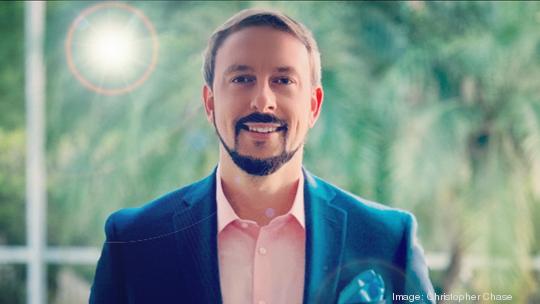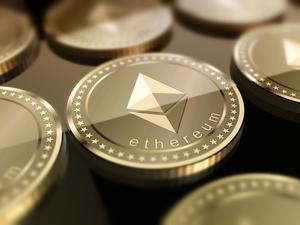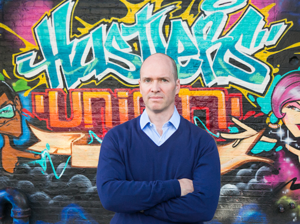
Decentralized autonomous organizations — or DAOs — are popping up more frequently as the idea of web3 spreads across the currently two-dimensional internet (referred to as Web 2.0). But what exactly are these so-called DAOs?
The philosophy is very Bay Area-inspired: egalitarian, democratic, decentralized and user-owned. It's very much like the cooperative movements found in shared living spaces and businesses around San Francisco, Berkeley and beyond. Workers own shares of a company, there's no single boss and decisions are made by consensus or democratic vote — similar to how residents of a home may share expenses, chores and decision-making. At its core, the structure eliminates hierarchies.
DAOs are attempting to recreate this structure of the internet through blockchain protocols.
Here's what you need to know:
What is a DAO?
In its most simple form, a DAO is a new type of business entity that sets up a contract through blockchain protocols. Thomson Reuters explains it as "a newer legal structure that humans (for now) are creating, which has a stated purpose and a plan to execute decisions via code." Instead of forming a corporation, LLC or nonprofit, new businesses could emerge as DAOs.
The members of a DAO purchase or acquire tokens that give them ownership stakes and voting rights — typically one vote per token — on any decision-making proposals that arise. The structure is completely decentralized and likely isn't connected to a physical location like typical startups or corporations because its members only interact with each other online.
One of the first known DAOs emerged in 2016 and was simply named DAO. It raised $152 million with the goal of reinvesting the funds into other "digital currency" startups, but a third of that was quickly stolen by a hacker, the NYT reported at the time.
Can a DAO buy a book or any other physical object?
These organizations raise revenue through token sales and are supposed to maintain a communal "bank" or reserve that members can collectively use for projects that are voted on. In November, one called ConstitutionDAO reportedly raised more than $40 million in less than a week with the goal of buying an original copy of the Constitution that went up for auction at Sotheby's. Somebody else outbid them with a $43.2 million offer, and ConstitutionDAO subsequently offered to refund its members or allow them to exchange their tokens for ether coins.
Recently SpiceDAO raised $12 million to buy a "directors bible" of “Dune” published in the 1970s by film director Alejandro Jodorowsky (whose version of the film was famously never produced and gained cult status due to a 2013 documentary) and create an animated series based on it. There are lingering questions about whether the group actually thought they were buying the creative rights to the material, as well as who will hold the physical copy of the book. The move was widely mocked in the media by those who thought the members of the DAO completely misunderstood how copyright ownership works.
DAOs run on blockchain protocols and cryptocurrency.
While bitcoin is the most famous and one of the earliest forms of cryptocurrency, the ether token is the second most popular and runs on the ethereum blockchain network that many DAOs are built on. Users must use digital wallets that are compatible with this infrastructure to store and spend their tokens. There are fees that are referred to as "gas" fees due to their fluctuating value to process transactions on the ethereum network.
What are some other DAOs out there right now?
Coin Market Cap lists more than 100 tokens that are linked to DAOs. Among them are MakerDAO, which goes back to 2015 when it was created in a Reddit community about ethereum. Its operates with the dai token which it pegs to the U.S. dollar, making it a so-called stablecoin, and its purpose is to facilitate lending and borrowing.
HumanDAO was launched in late 2021 by Christopher Chase with the premise of opening up new income opportunities for people in underserved regions of the world through activities like play-to-earn gaming.
PubDAO is a media entity that went public in November. Organizers describe it as a "decentralized wire service… that will ultimately produce guilds made up of writers, editors, photographers, illustrators, advertisers, and marketers."
Is this legal?
It does appear to be legal, though it's plausible that scams will emerge and be litigated. There could be tax implications and eventually more explicit regulations around these issues. Under current law, these entities could potentially fall under the structure of an unincorporated nonprofit association, according to a whitepaper co-authored by Andreessen Horowitz General Counsel Miles Jennings, or even a public benefit corporation. Andreessen Horowitz has raised more than $3 billion since 2018 for its crypto and web3 investments.








